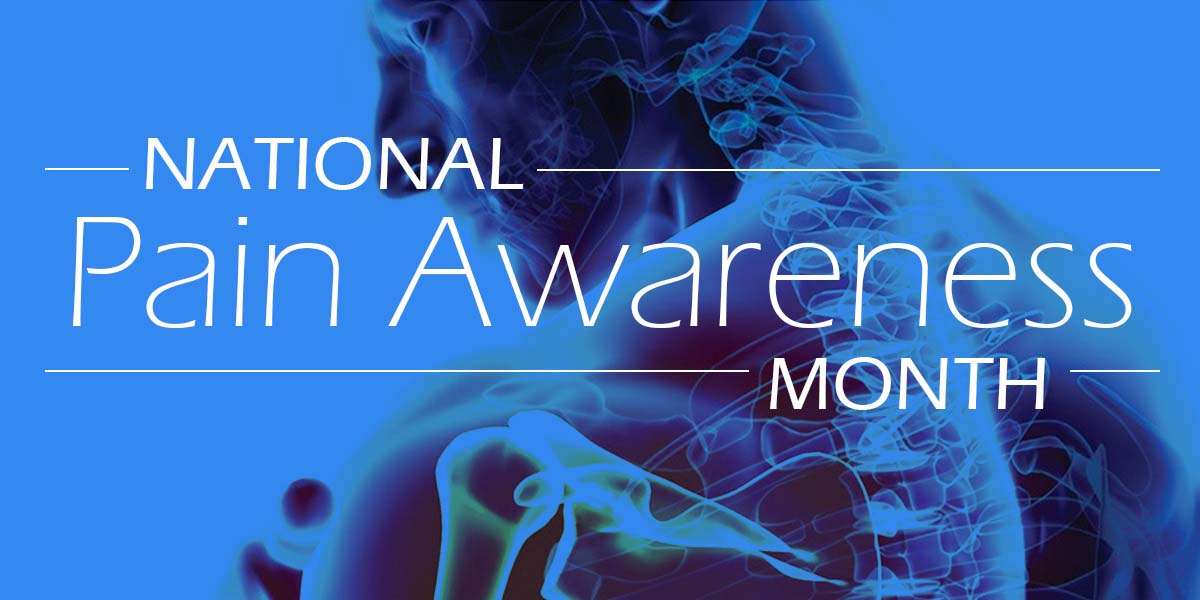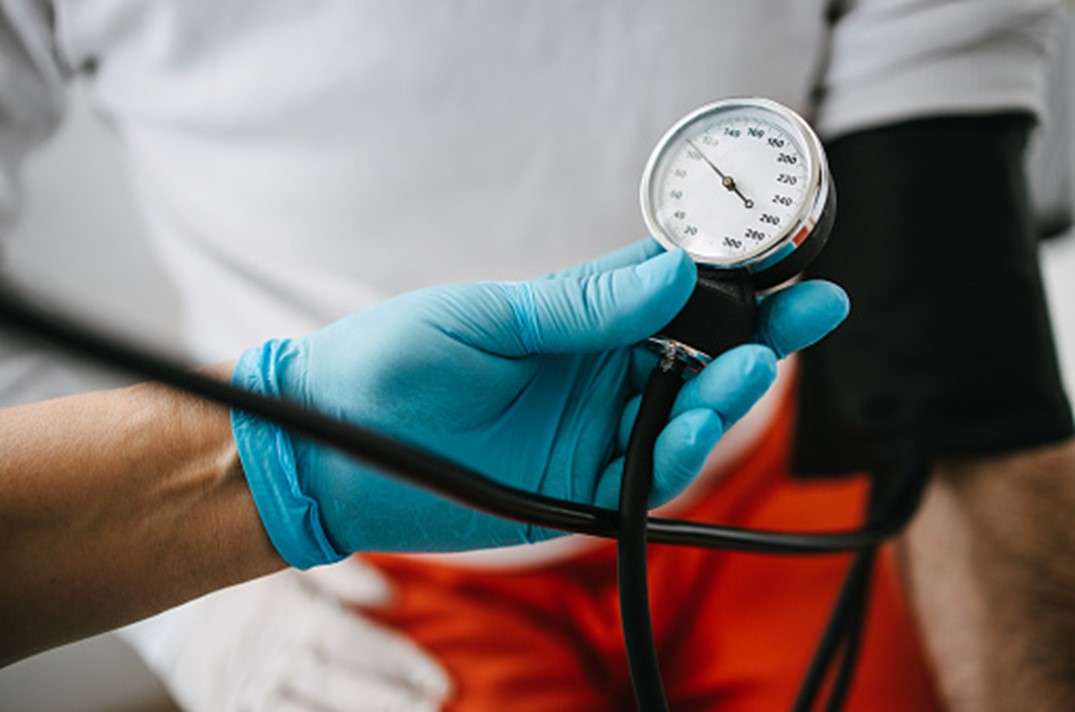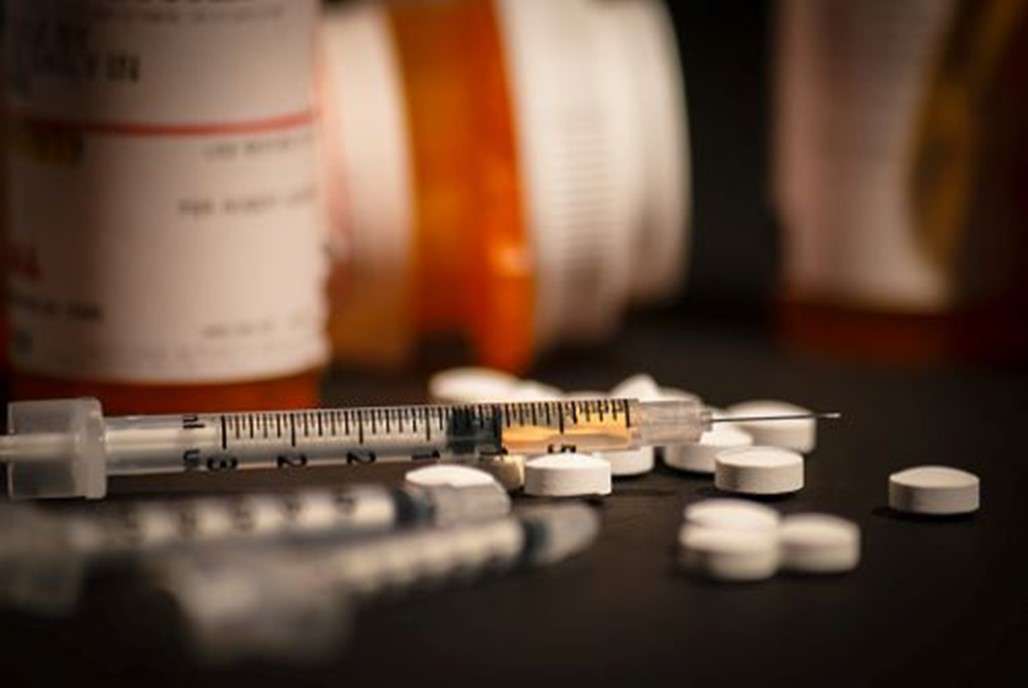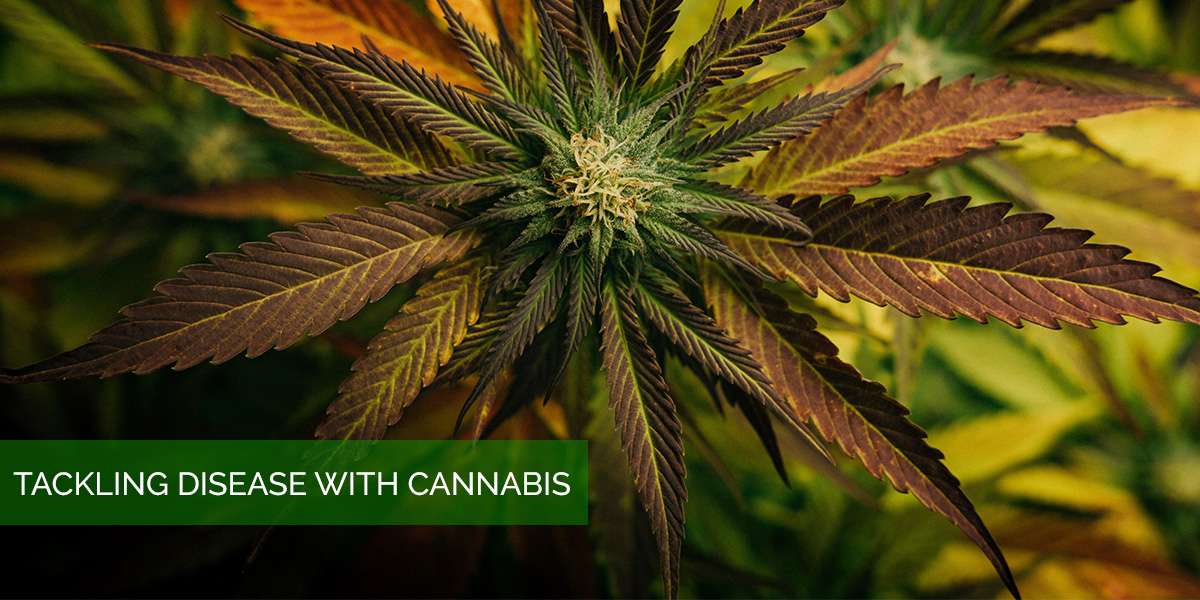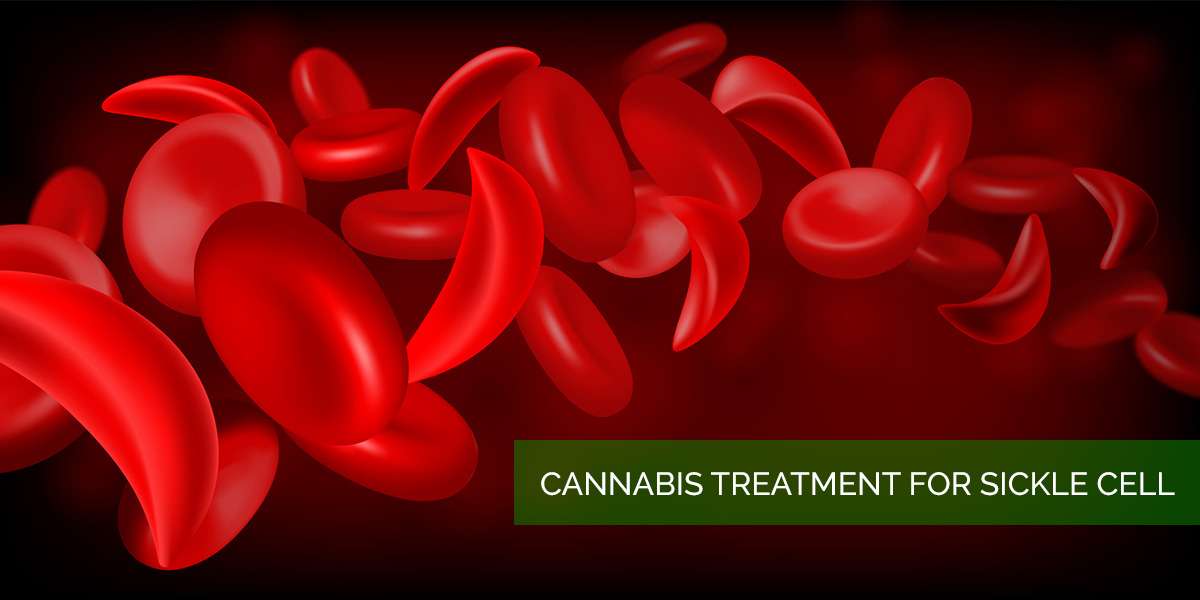What is Sickle Cell Anemia?
There is some evidence that suggests that cannabis may be effective in treating some of the symptoms of sickle cell disease, but more research is needed to fully understand its potential benefits and risks. Sickle cell anemia is a genetic blood disorder that causes red blood cells to form a sickle shape, leading to reduced blood flow, pain, and other complications. Pain is a common symptom of sickle cell anemia, and it can be severe and difficult to manage.
In a study spanning just over 31,000 patient days, 232 adult SCD patients experienced chronic pain on more than 54% of total days [1]. Acute, painful episodes are a characteristic feature of sickle cell that require hospitalization, impair quality of life, and impact patient survival [2]. Opioids are the base for pain management in sickle cell, but high doses of opioids are required and are associated with adverse effects including pruritus, tolerance and opioid-induced hyperalgesia (OIH) [3,4].
Current Sickle Cell Anemia Treatment
Sickle cell anemia is a chronic condition that requires long-term management. The goal of treatment for sickle cell anemia is to relieve symptoms, prevent complications, and improve quality of life. The following are some of the common treatments for sickle cell anemia:
- Pain management: Pain is a common and debilitating symptom of sickle cell anemia, and it is often treated with pain medication, such as opioids. In some cases, non-steroidal anti-inflammatory drugs (NSAIDs) or anticonvulsants may also be used.
- Antibiotics: People with sickle cell anemia are at increased risk of infections, and antibiotics are often prescribed to prevent or treat infections.
- Blood transfusions: Blood transfusions can be used to increase the number of healthy red blood cells and improve oxygenation, which can help relieve symptoms and prevent complications in people with sickle cell anemia.
- Hydroxyurea: Hydroxyurea is a medication that has been shown to increase the production of fetal hemoglobin, which can help prevent sickle cell crisis and reduce the need for blood transfusions.
- Bone marrow transplantation: Bone marrow transplantation is a potentially curative treatment for sickle cell anemia, but it is a complex and risky procedure that is only recommended for people with severe forms of the disease who have a compatible donor.
Bone marrow transplantation (BMT) is a complex and potentially life-saving procedure that is used to treat a variety of conditions, including sickle cell anemia. The mortality rate of bone marrow transplants range from 1 to 30%, depending on a number of factors, including the patient’s age, overall health, the type of transplant, and the presence of any complicating factors, such as infections or other medical conditions.
Pros & Cons of Cannabis on Sickle Cell
Studies have shown that cannabis can be effective in reducing pain, improving sleep, and reducing anxiety and depression. Additionally, some preclinical studies have suggested that the endocannabinoid system, which is the system in the body that interacts with cannabinoids like those found in cannabis, may play a role in regulating pain and inflammation in sickle cell anemia.
However, it is important to note that while cannabis may be effective in treating some of the symptoms of sickle cell anemia, it is not a cure for the disease. Additionally, the use of cannabis, especially in its smoked form, is associated with several potential side effects and health risks including respiratory problems, increased heart rate, and impaired cognitive and motor function [6,7,8] .
If you have sickle cell anemia and are considering using cannabis for symptom relief, it is important to consult with a healthcare provider who is familiar with both the disease and the use of cannabis. They can help you make an informed decision based on your individual needs and circumstances.
References
- Smith W.R., Penberthy L.T., Bovbjerg V.E., McClish D.K., Roberts J.D., Dahman B., Aisiku I.P., Levenson J.L., Roseff S.D. Daily Assessment of Pain in Adults with Sickle Cell Disease. Ann. Intern. Med. 2008;148:94–101. doi: 10.7326/0003-4819-148-2-200801150-00004.[PubMed] [CrossRef]
- Darbari D.S., Wang Z., Kwak M., Hildesheim M., Nichols J., Allen D., Seamon C., Peters-Lawrence M., Conrey A., Hall M.K., et al. Severe Painful Vaso-Occlusive Crises and Mortality in a Contemporary Adult Sickle Cell Anemia Cohort Study. PLoS ONE. 2013;8:e79923. doi: 10.1371/journal.pone.0079923.[PMC free article][PubMed] [CrossRef]
- Gupta M., Msambichaka L., Ballas S.K., Gupta K. Morphine for the Treatment of Pain in Sickle Cell Disease. Sci. World J. 2015;2015:1–10. doi: 10.1155/2015/540154.[PubMed] [CrossRef]
- Tran H., Sagi V., Song-Naba W.L., Wang Y., Mittal A., Lamarre Y., Zhang L., Gupta K. Effect of chronic opioid therapy on pain and survival in a humanized mouse model of sickle cell disease. Blood Adv. 2019;3:869–873. doi: 10.1182/bloodadvances.2018024299.[PubMed] [CrossRef]
- Stockings E., Campbell G., Hall W.D., Nielsen S., Zagic D., Rahman R., Murnion B., Farrell M., Weier M., Degenhardt L. Cannabis and cannabinoids for the treatment of people with chronic noncancer pain conditions: A systematic review and meta-analysis of controlled and observational studies. Pain. 2018;159:1932–1954. doi: 10.1097/j.pain.0000000000001293.[PubMed] [CrossRef]
- Abrams D.I., Jay C.A., Shade S.B., Vizoso H., Reda H., Press S., Kelly M.E., Rowbotham M.C., Petersen K.L. Cannabis in painful HIV-associated sensory neuropathy: A randomized placebo-controlled trial. Neurology. 2007;68:515–521. doi: 10.1212/01.wnl.0000253187.66183.9c.[PubMed] [CrossRef]
- Cooper Z.D., Comer S.D., Haney M. Comparison of the Analgesic Effects of Dronabinol and Smoked Marijuana in Daily Marijuana Smokers. Neuropsychopharmacology. 2013;38:1984–1992. doi: 10.1038/npp.2013.97.[PubMed] [CrossRef]
Curious to learn more about medical cannabis or to start your medical marijuana treatment? Give the qualified team at Affordable Marijuana Clinic a call at (904) 586-0041 or submit a short application today!
Error: Contact form not found.

